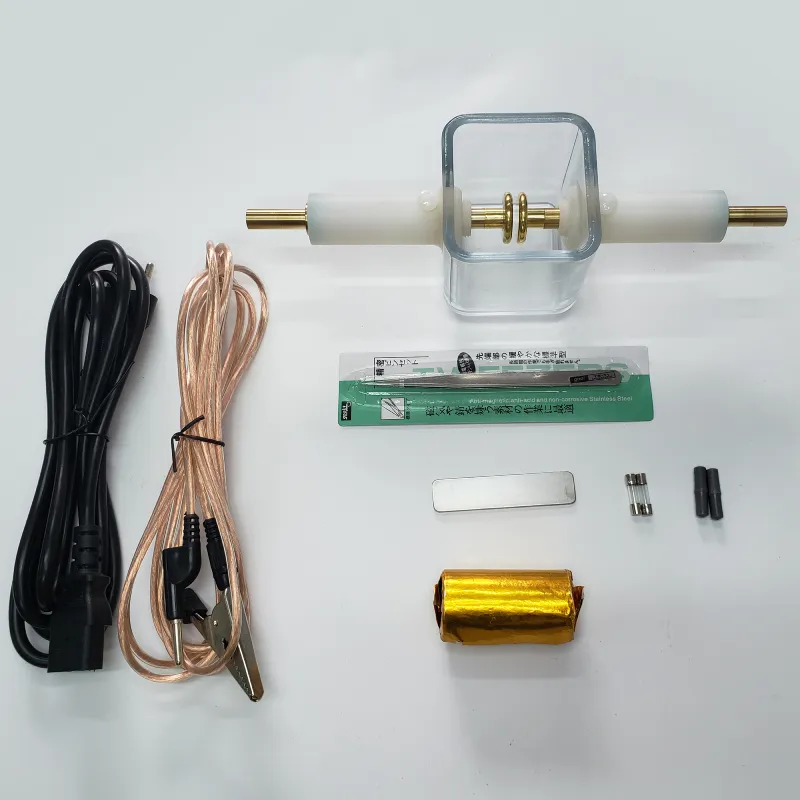 English
English



-
 Afrikaans
Afrikaans -
 Albanian
Albanian -
 Amharic
Amharic -
 Arabic
Arabic -
 Armenian
Armenian -
 Azerbaijani
Azerbaijani -
 Basque
Basque -
 Belarusian
Belarusian -
 Bengali
Bengali -
 Bosnian
Bosnian -
 Bulgarian
Bulgarian -
 Catalan
Catalan -
 Cebuano
Cebuano -
 China
China -
 China (Taiwan)
China (Taiwan) -
 Corsican
Corsican -
 Croatian
Croatian -
 Czech
Czech -
 Danish
Danish -
 Dutch
Dutch -
 English
English -
 Esperanto
Esperanto -
 Estonian
Estonian -
 Finnish
Finnish -
 French
French -
 Frisian
Frisian -
 Galician
Galician -
 Georgian
Georgian -
 German
German -
 Greek
Greek -
 Gujarati
Gujarati -
 Haitian Creole
Haitian Creole -
 hausa
hausa -
 hawaiian
hawaiian -
 Hebrew
Hebrew -
 Hindi
Hindi -
 Miao
Miao -
 Hungarian
Hungarian -
 Icelandic
Icelandic -
 igbo
igbo -
 Indonesian
Indonesian -
 irish
irish -
 Italian
Italian -
 Japanese
Japanese -
 Javanese
Javanese -
 Kannada
Kannada -
 kazakh
kazakh -
 Khmer
Khmer -
 Rwandese
Rwandese -
 Korean
Korean -
 Kurdish
Kurdish -
 Kyrgyz
Kyrgyz -
 Lao
Lao -
 Latin
Latin -
 Latvian
Latvian -
 Lithuanian
Lithuanian -
 Luxembourgish
Luxembourgish -
 Macedonian
Macedonian -
 Malgashi
Malgashi -
 Malay
Malay -
 Malayalam
Malayalam -
 Maltese
Maltese -
 Maori
Maori -
 Marathi
Marathi -
 Mongolian
Mongolian -
 Myanmar
Myanmar -
 Nepali
Nepali -
 Norwegian
Norwegian -
 Norwegian
Norwegian -
 Occitan
Occitan -
 Pashto
Pashto -
 Persian
Persian -
 Polish
Polish -
 Portuguese
Portuguese -
 Punjabi
Punjabi -
 Romanian
Romanian -
 Russian
Russian -
 Samoan
Samoan -
 Scottish Gaelic
Scottish Gaelic -
 Serbian
Serbian -
 Sesotho
Sesotho -
 Shona
Shona -
 Sindhi
Sindhi -
 Sinhala
Sinhala -
 Slovak
Slovak -
 Slovenian
Slovenian -
 Somali
Somali -
 Spanish
Spanish -
 Sundanese
Sundanese -
 Swahili
Swahili -
 Swedish
Swedish -
 Tagalog
Tagalog -
 Tajik
Tajik -
 Tamil
Tamil -
 Tatar
Tatar -
 Telugu
Telugu -
 Thai
Thai -
 Turkish
Turkish -
 Turkmen
Turkmen -
 Ukrainian
Ukrainian -
 Urdu
Urdu -
 Uighur
Uighur -
 Uzbek
Uzbek -
 Vietnamese
Vietnamese -
 Welsh
Welsh -
 Bantu
Bantu -
 Yiddish
Yiddish -
 Yoruba
Yoruba -
 Zulu
Zulu
dielectric dissipation factor of transformer oil
Understanding the Dielectric Dissipation Factor of Transformer Oil
Transformer oil plays a crucial role in the operation and maintenance of electrical transformers, acting not only as an insulating medium but also as a coolant for the equipment. One of the key properties of transformer oil is the dielectric dissipation factor (DDF), which is essential for assessing the performance and health of the oil over time.
The dielectric dissipation factor, often denoted as tan(δ), is a measure of the energy lost as heat in an insulating material when subjected to an alternating electric field. It provides insight into the dielectric properties of transformer oil, which can degrade due to various factors such as moisture, impurities, and oxidative degradation. Monitoring the DDF is critical for ensuring the reliability and longevity of transformers.
Importance of the Dielectric Dissipation Factor
The DDF is particularly significant in electrical insulation because a higher dissipation factor indicates greater energy loss in the insulating material. This is undesirable as it can lead to overheating and reduced efficiency of the transformer. The primary factors affecting the dielectric dissipation factor of transformer oil include
1. Moisture Content Water is a major contaminant that can greatly increase the DDF of transformer oil. Even a small amount of moisture can significantly impair the insulating properties of the oil, increasing the likelihood of failure in electrical insulation.
2. Temperature The dielectric dissipation factor of transformer oil is also temperature-dependent. As temperature increases, the mobility of molecules within the oil increases, leading to higher energy losses and thus a higher DDF.
3. Aging Over time, transformer oil can undergo chemical changes due to thermal and oxidative degradation. The by-products formed during aging can alter the dielectric properties of the oil, typically resulting in an increased DDF.
dielectric dissipation factor of transformer oil

4. Contaminants The presence of solid or liquid contaminants, such as particulate matter or other hydrocarbons, can also influence the DDF. These impurities can disrupt the insulating properties of the oil, leading to increased energy losses.
Measuring the Dielectric Dissipation Factor
To assess the dielectric dissipation factor, various testing methods are applied, including dielectric frequency response (DFR) analysis and dielectric relaxations studies. Laboratories employ precise equipment that applies an alternating electric field to a sample of transformer oil, measuring the energy lost through the dissipation factor.
Regular testing of the DDF helps in identifying potential failures before they escalate. Transformer operators often establish threshold values for DDF specific to their equipment and operational context, triggering maintenance procedures when the values exceed these thresholds.
Implications of High Dielectric Dissipation Factor
A high DDF indicates a potential decline in the insulation quality of transformer oil, which can lead to several adverse effects, such as overheating, partial discharge, and ultimately transformer failure. Continuous monitoring of the DDF is vital to prevent unscheduled outages and maintain system reliability.
In summary, the dielectric dissipation factor is a key indicator of transformer oil quality and insulation performance. By understanding the factors affecting DDF and implementing regular monitoring, utilities can better manage their transformer fleets, ensuring efficient operation and prolonging equipment life. Proper handling, maintenance, and upgrades to transformer oil are essential components of a proactive management strategy in electrical power systems.
Effective management of transformer oil not only enhances the performance of transformers but also contributes to the overall sustainability of the electrical grid by reducing incidents of failure and improving energy efficiency.
-
Testing Equipment Industry Sees Major Advancements in 2025: Smart & Precision Technologies Lead the WayNewsJun.06,2025
-
Applications of Direct Current Generators in Renewable Energy SystemsNewsJun.05,2025
-
Hipot Tester Calibration and Accuracy GuidelinesNewsJun.05,2025
-
Digital Circuit Breaker Analyzer Features and BenefitsNewsJun.05,2025
-
Benefits of Real-Time Power Quality Monitoring Devices for Industrial EfficiencyNewsJun.05,2025
-
Earth Fault Loop Testing in High-Rise Building Electrical SystemsNewsJun.05,2025



